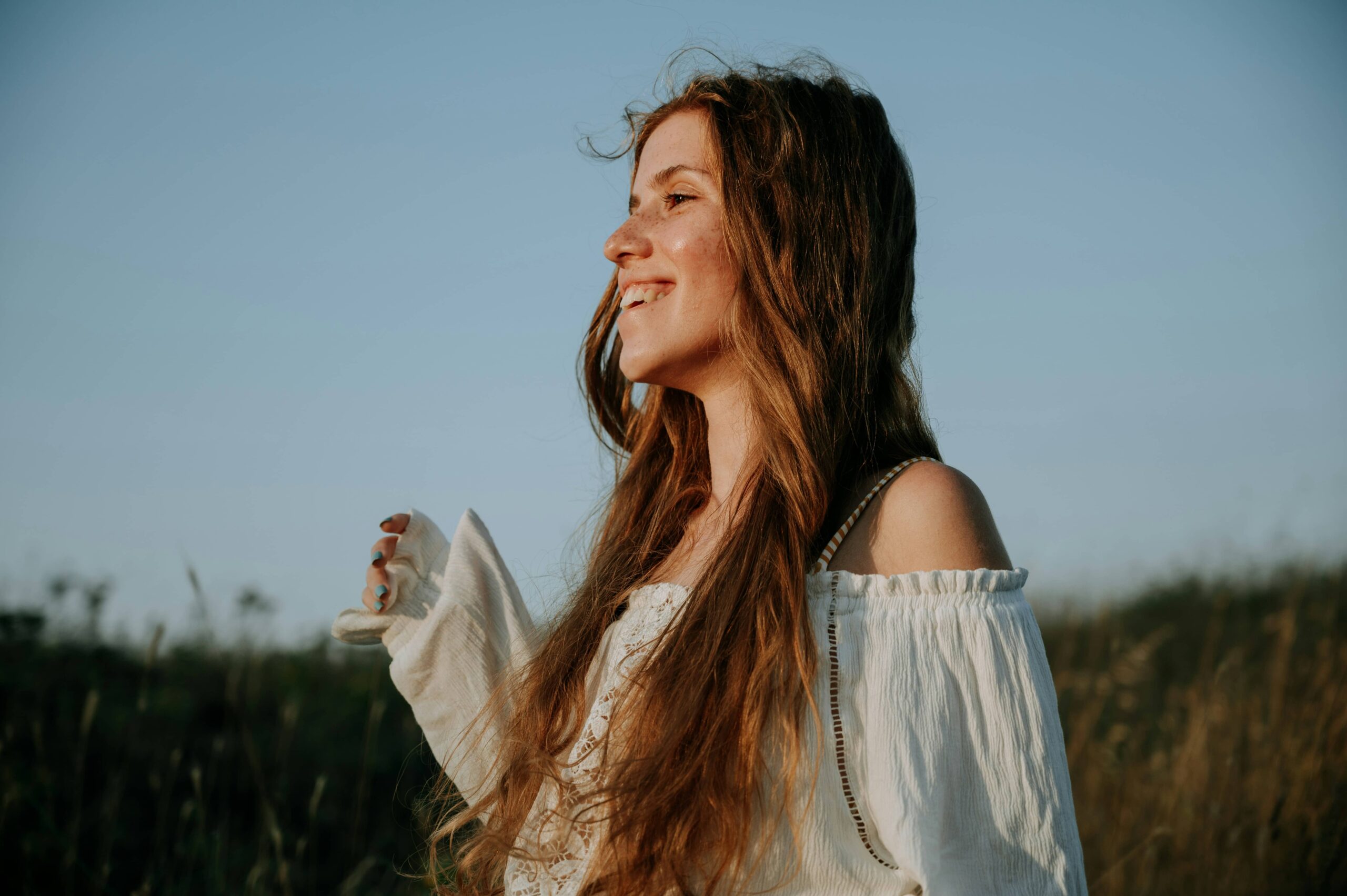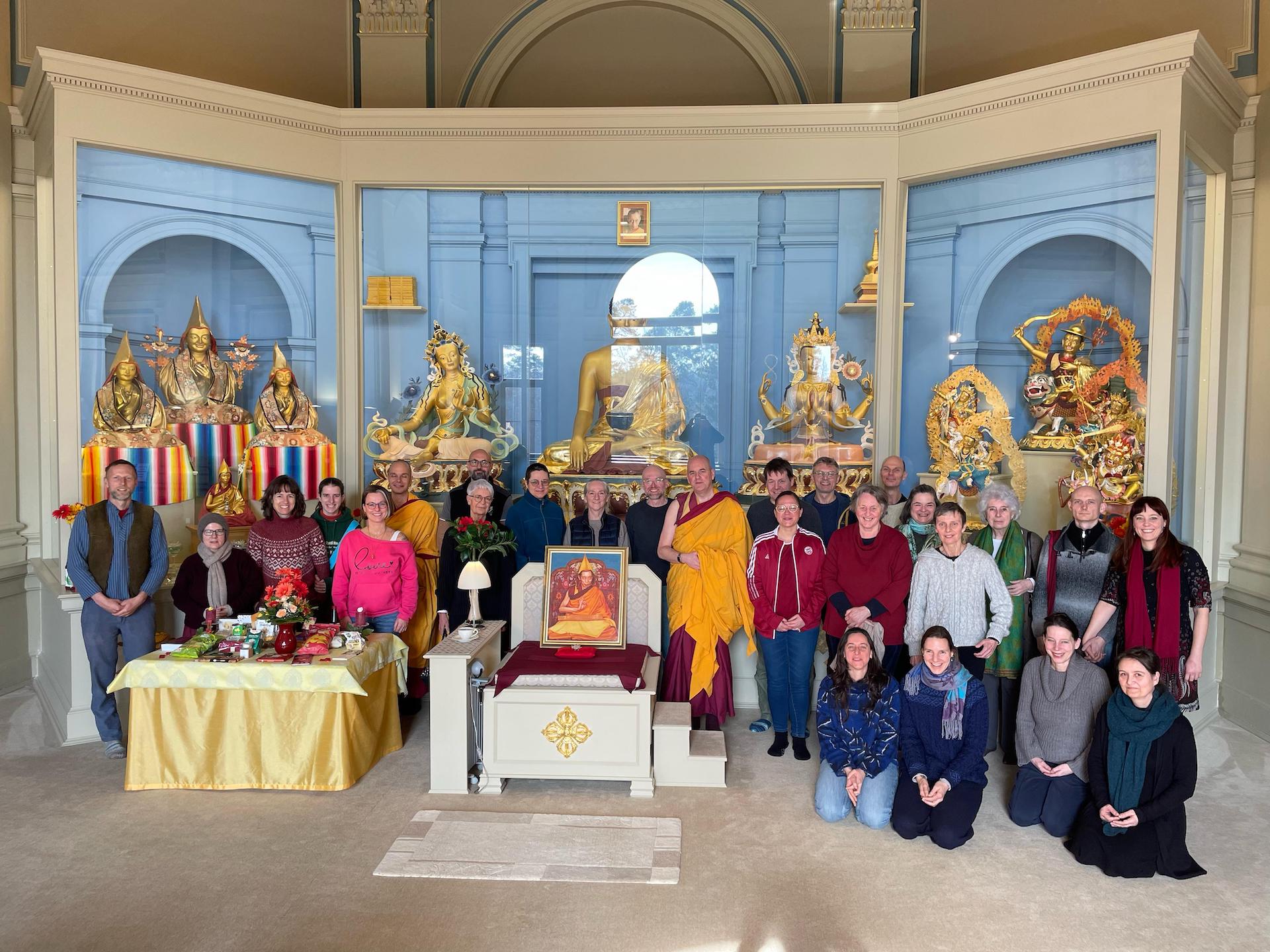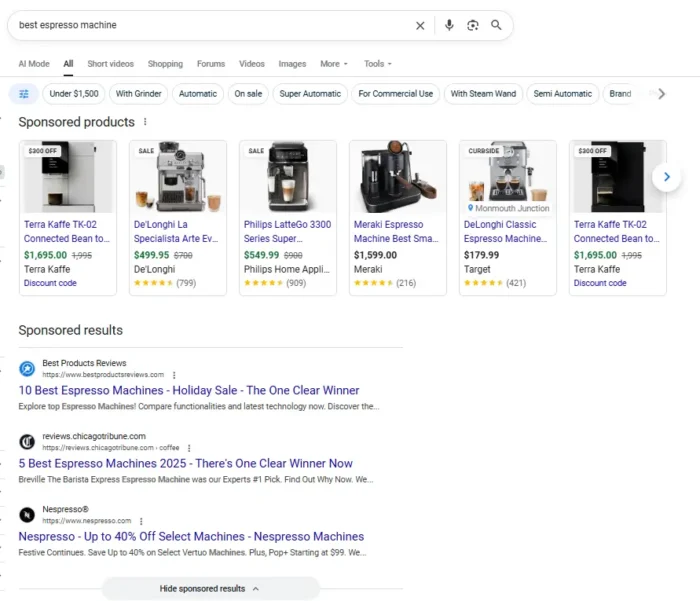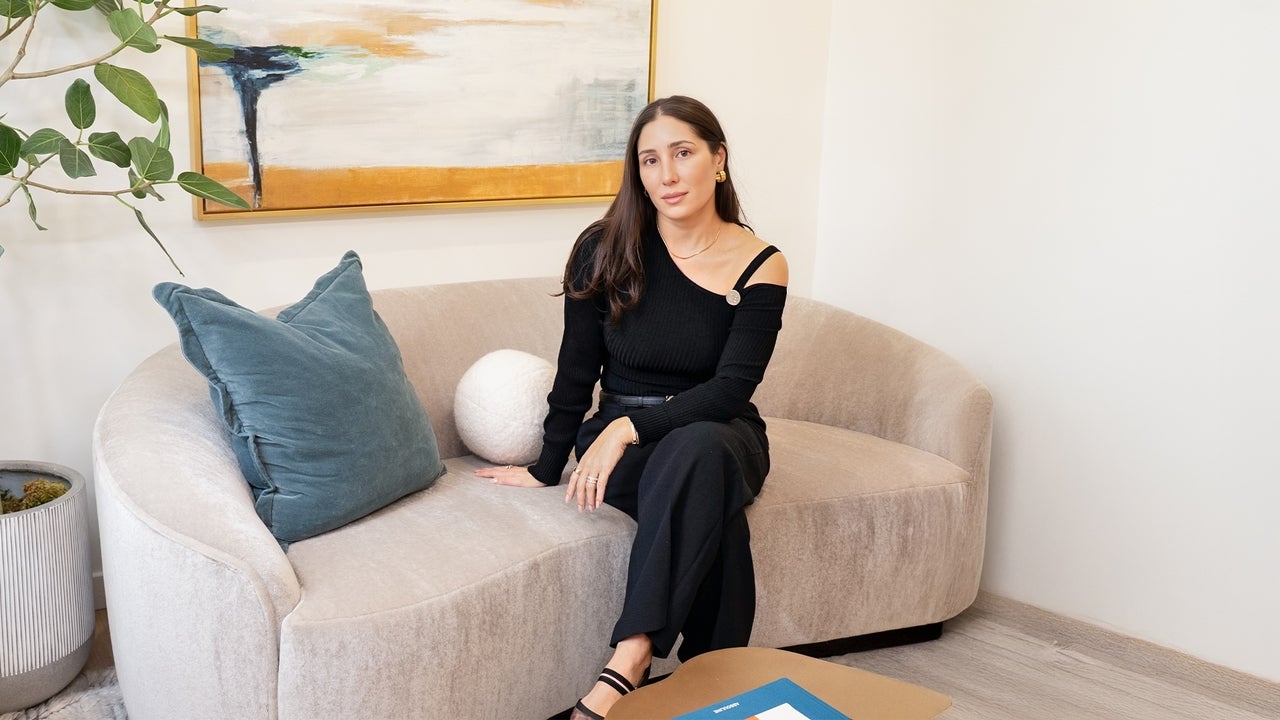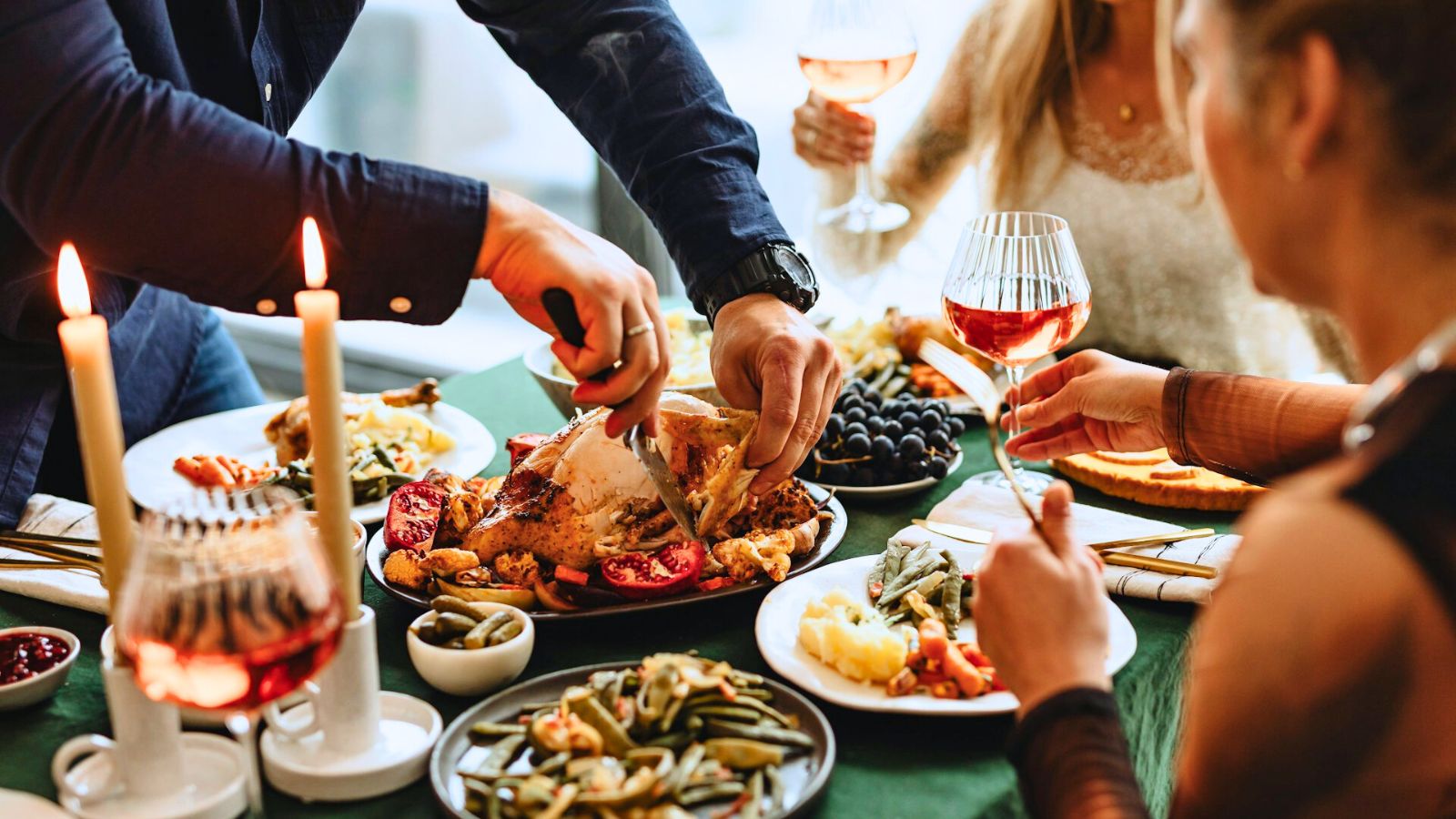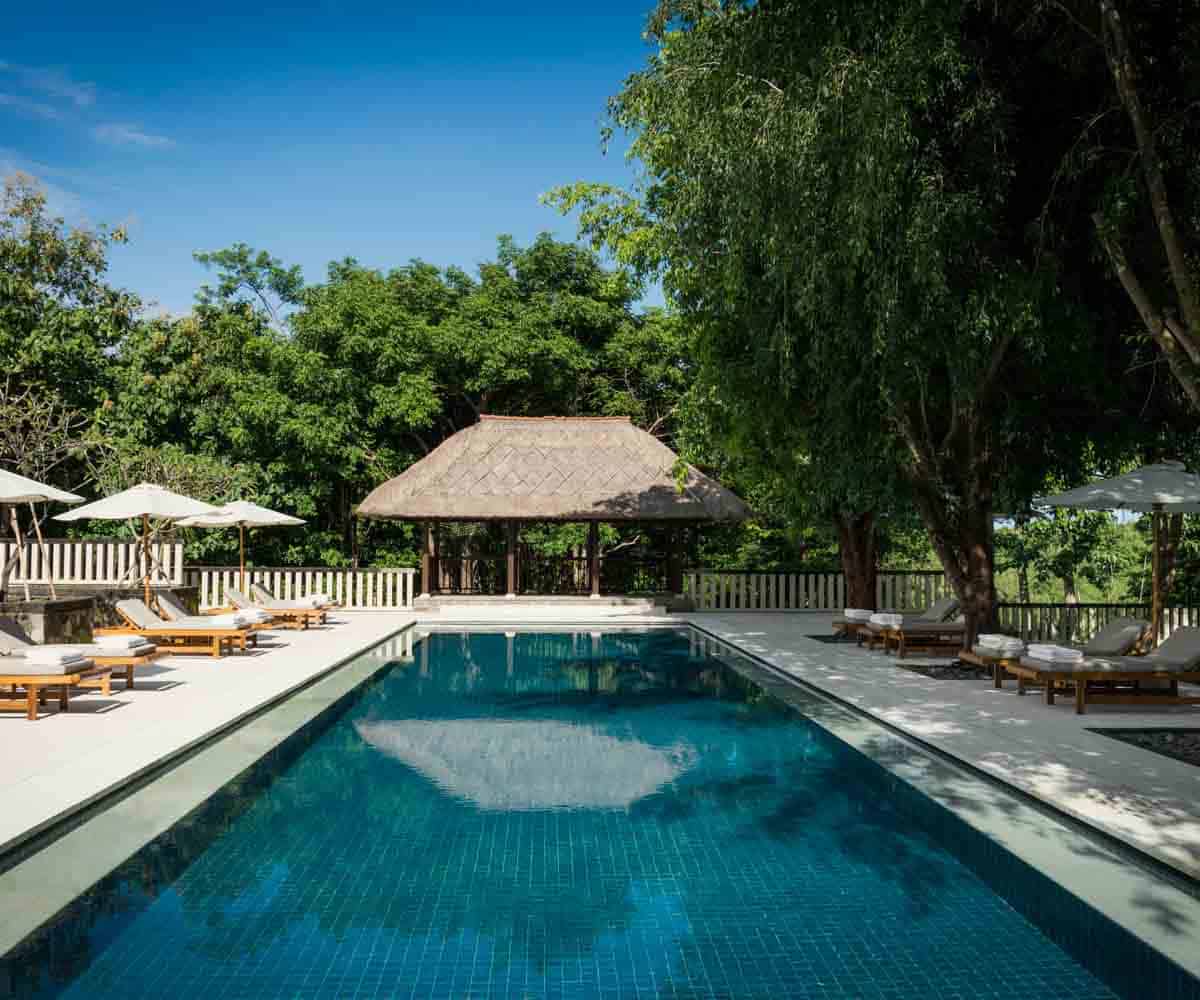The Practice of Council
Talking with Beyond Us & Them’s Jared Seide The post The Practice of Council appeared first on Tricycle: The Buddhist Review.
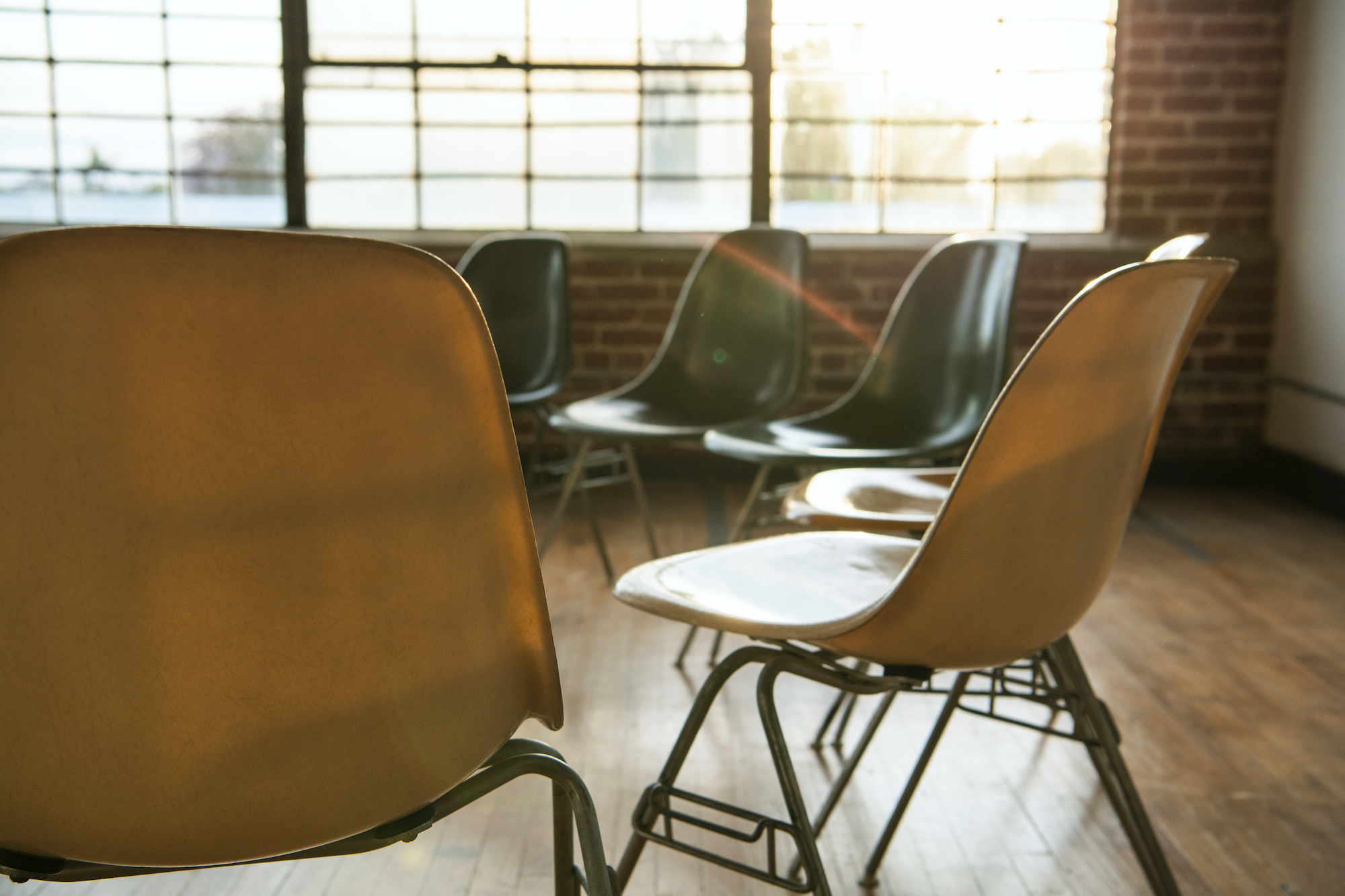
Jared Seide is the founder and executive director of the nonprofit Beyond Us & Them, which aims to use mindfulness practices, compassion-based communication exercises, and training in self-awareness, resilience, and self-regulation to help heal divisions between disparate communities. Tricycle’s executive editor, Phil Ryan, recently spoke with Seide about the group’s mission and the manifold benefits of council.
What does Beyond Us & Them do, and how did it come about? Beyond Us & Them promotes structures of belonging, utilizing council and other practices to encourage social connection and well-being. The organization creates programs and offers trainings that resource individuals and organizations in self-awareness, self-regulation, effective communication, and embodied compassion. We do that by training system-impacted individuals—the incarcerated and formerly incarcerated—as well as first responders, law enforcement officers, health care workers, educators, community-based organizations, and others, to cultivate well-being, relationality, compassion, and resilience. That’s the organization in a nutshell.
Did this come out of the pandemic? Originally, as I was parenting my daughter in the aftermath of the 1992 Rodney King riots, I was feeling desperate. I was the president of the governing board of the school that she attended, and we were looking for ways to build community and to return to the values that we all shared as parents, as staff, and as students. We reached out to the Ojai Foundation, where council had been brewing for some time, ever since Joan Halifax had founded the organization and then turned it over to the man who would become my mentor, Jack Zimmerman. We then watched the school community transform itself in extraordinary ways with these practices, becoming a community of caring, connection, and values that were shared. And I was really blown away. It shifted my life fundamentally. I then went to work for the Ojai Foundation, running the division that supported council practice and training. Eventually we broke off and became an independent organization called Center for Council. Later, we decided to become our own 501(c)(3). I think understanding the impact of council on a community—how we shift from seeing folks we disagree with as the enemy to understanding that we’re all in this together—is so extraordinary. It’s so important that we move beyond “us and them.”
Can you describe what a council session is like? Council is a skillful means, upaya, coming together in a good way, usually in a circle with intention. The intentions are to speak one at a time, authentically and from the heart, to listen with curiosity, and to understand rather than to judge or analyze or convince or fix. We listen to the surf and hear the waves. We don’t have to agree or disagree to understand what the surf’s about. It’s the same with the sound of the wind. We don’t need it to understand the weather. But with other human beings, we tend to make a lot of judgments about who they are and what their intention is, and so listening and speaking become conditional, a way in which we separate.
“Council” derives from concilium, which is a Latin phrase that Benjamin Franklin used when he was invited to witness the Haudenosaunee—or “the people of the longhouse”—which was the name of The Six Nations Iroquois Confederacy. What Franklin experienced in the Haudenosaunee went on to influence how he constructed the idea of a unified colonial government and served as a precursor to the principles of American democracy. I think it’s a word that we use now, but I think there are equally descriptive words that have come out of similar practices in other cultures: ibitaramo, fambul tok, daré in Africa, hoʻoponopono in traditional Hawaiian culture, shura in Islamic cultures, mo’atza in Hebrew. We have found a way to create these opportunities to come together in every culture.
You mention Joan Halifax. Did you have an official connection to Joan Halifax or ZCLA or Bernie Glassman? I had the good fortune of spending two years with Roshi Joan in the chaplaincy program at Upaya, which was really foundational for me and very helpful. Before she was a roshi, she was the executive director of the Ojai Foundation. She had left, and I was curious about her path, and that’s what called me to Upaya initially. That two-year program was really extraordinary. I received jukai (receiving the precepts) from my root teacher, Roshi Egyoku Nakao, at ZCLA. I connected with Roshi Bernie, and he, at the time, was eager to bring a rigorous council practice into the Bearing Witness retreats with real training and real support.
With incarcerated populations, there are obvious tensions, but it also seems like, as a society, we can barely talk to one another right now. Everyone needs to feel seen and connected and valued. Social connection is a basic human need—it is as important as food and water, and our previous Surgeon General, Vivek Murthy, was really clear about articulating the epidemic of isolation and lack of social connection, and how it is not only impacting our mental and emotional health but also our physical health. Studies show it is the equivalent of smoking fifteen cigarettes a day, to have no social connection or too little social connection in your life. Council provides this structure of belonging that can become a reliable container to cultivate social connection.
There’s no act of courage that doesn’t involve vulnerability.
How big is the organization, and how extensive is your programming? We are California-based, but we’re now working throughout the country. We’re in twenty-nine of the thirty prisons that are the state prisons run by California Department of Corrections and Rehabilitation. On any given day, you’ll be able to find programs that we’ve started, or workshops that are beginning to engage folks in these practices. We are really changing the culture of prisons, I would say, by instilling these practices there. There was a point at which I recognized the systemic suffering. I had always considered these amazing individuals who were invested in the next chapter of their lives as being our audience. And when correctional officers would come in and be very brusque and sometimes violent and nasty, I would have a lot of judgment around that, until I finally recognized that as another form of suffering. This led us to create a robust training protocol for corrections and other law enforcement called POWER, Peace Officer Wellness, Empathy & Resilience. We’re now training police in states all over the country.
In the practice of council, there’s a facilitator, and then people in the circle share. And people are speaking about their personal feelings in front of their colleagues? I think one might understand council best by thinking of it as storytelling rather than talking about your feelings. It’s not therapy, though it may be therapeutic—the facilitator is there to make it easy. Facilis, it’s a Latin term that means “easy.” It’s not the director, it’s not the guru or the teacher. We have certified council trainers that will train a cohort, whether it’s twenty-five people in prison, or it’s the staff of an organization, or it’s a unit in a police department. We’ll train them to be able to utilize this practice peer-to-peer. Our program lasts three months, and every week there’s an hour in which they find some space and create a council circle. They do a mindfulness exercise and they do some breath work. We give them some prompts, and together, they open up this space of exploring something that is relevant to the teachings in that program. In doing that, things can get very tender and vulnerable. And I think we begin to realize that vulnerability, in the context of appropriate disclosure, is a leadership skill. It’s often not considered that. But as Brené Brown has shown us, there’s no act of courage that doesn’t involve vulnerability. Council invites us to tell a story that maybe brings a part of us that isn’t usually welcome in the everyday activities at work or in a prison or in a school. We are really listening to what that circle can hold.
In your dream of dreams, what would Beyond Us & Them accomplish? I think this is about shifting the paradigm. I think we’re living in a time in which the person we disagree with often becomes a monster, becomes the enemy, becomes somebody that you lose any sense of connection to, and in doing that, you set up the conditions for really atrocious things to happen. We desperately need to recognize the humanity in the other and really understand what it means to Other. We need a counternarrative to what we’re experiencing in the culture, in the media, and certainly in political discourse, that reminds us how much we have in common. And I think council is an enacted process and practice for that resonance to emerge.

 ShanonG
ShanonG 








